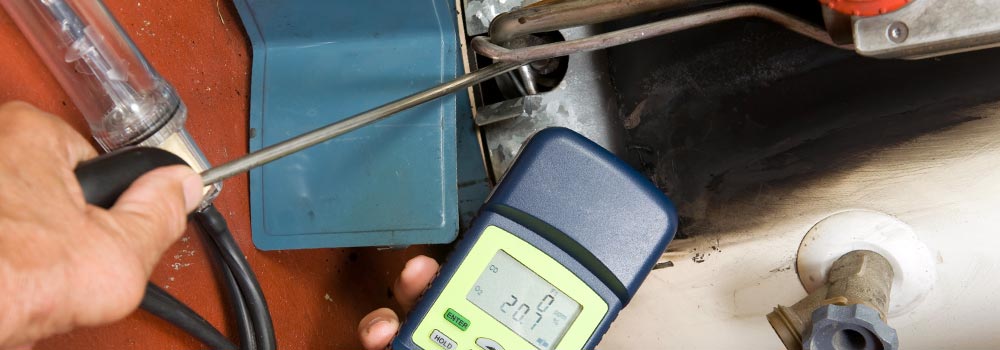Safety Around Harmful Gases

The topic of gas safety should be on the radar for all commercial environments, whether a small-to-medium office space or large industrial premises. It’s crucial that due process and precautions are taken to avoid unnecessary accidents, not only on a legal basis but for the welfare of your staff & patrons.
In this piece, the team at Express Gas Solutions are going to detail a sample of gas risks that business premises may encounter, and how these problems can be avoided.
Gas leaks
Gas leaks can occur at any time from any gas-powered appliance or pipeline. No matter the size of the appliance the leak is coming from, such an issue can cause untold damage if not detected and dealt with accordingly.
A gas leak simply needs an ignition to manifest into a disastrous fire, such as a single spark from something like a lighter, or even the turning on a light switch. The consequences can range from appliances faltering, damaging outbreaks of fire to severe ill health or even mortality.
The signs of a carbon monoxide leak
Carbon monoxide is one such gas where due caution is necessary. Produced when a common fuel source such as gas – either natural gases or liquefied petroleum gas (LPG) – isn’t fully burned, or an appliance is faulty, it has no distinct smell, colour or taste, making it trickier to spot. There are still signs people should be aware of and look out for:
Stains – If you see dark stains around your gas-powered appliances, carbon monoxide may be escaping.
Condensation – if there is excessive condensation on the inside of your windows, particularly in conditions that don’t facilitate condensation, you may be at risk.
Yellow flames on the hob – should your premises have cooking facilities, a healthy hob should emit blue flames. If you turn the hob on and you see orange or yellow flames that seem to be less fierce than their blue counterparts, this could be the sign of a leak.
Rusted or corroded pipework are a common facilitator of gas leaks.
If you notice any of these issues in your property, contact a registered engineer urgently.
Carbon monoxide poisoning
Ongoing exposure to the gas causes carbon monoxide poisoning, which is potentially fatal. Doctors use blood and breath tests to officially diagnose the illness.
Symptoms of carbon monoxide poisoning include:
- Headaches
- Nausea
- Breathlessness
- Dizziness
- Loss of consciousness
If you or someone you know is suffering from one or more of these symptoms, a good way to assess is to see if the symptoms only occur in one particularly environment – at home or at work, for example. If the symptoms cease when the individual is no longer in that environment, it might be a carbon monoxide leak.
(While commercial environments are typically animal free, if they happen to reside at your business premises, check to see if they are behaving unusually or exhibiting any obvious signs of sickness too, as the above symptoms can show sooner.)
What to do if you suspect CO poisoning
If you suspect a carbon monoxide leak, it’s important to act. Where possible, gas appliances should be turned off, windows opened and people evacuated.
If you suspect an immediate risk at your property, contact the Gas Emergency Helpline on 0800 111 999. Alternatively, if you feel the problem is not an emergency but would still like peace of mind, contact a Gas Safe registered engineer to attend your property and perform safety checks on your appliances.
Be proactive
A simple way to protect against the dangerous risks is to install a carbon monoxide alarm. These devices cost around £15 from hardware stores and supermarkets, are suitable for domestic and commercial use, and can really make a difference in saving lives. For every room that a gas appliance can be found, it is strongly advised an alarm is added – similar to a smoke detector, they alert people upon detecting carbon monoxide meaning people can act accordingly.
Express Gas Solutions are proud to provide gas safety checks to commercial customers throughout London. These checks are required as a matter of law for a number of properties, from housing associations to colleges, boarding schools and hotels. If you’re unsure about the safety of your property, contact us today and we’ll be happy to help.













